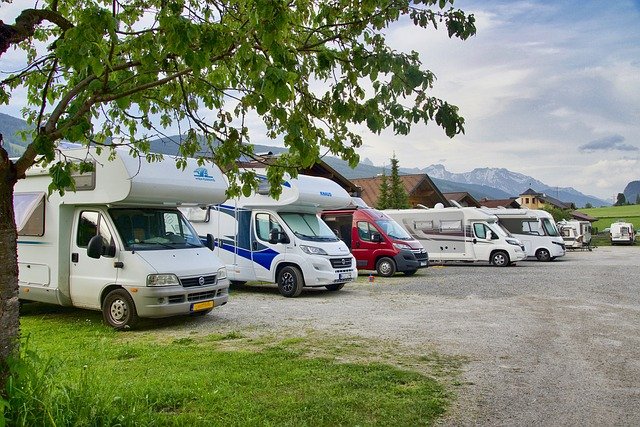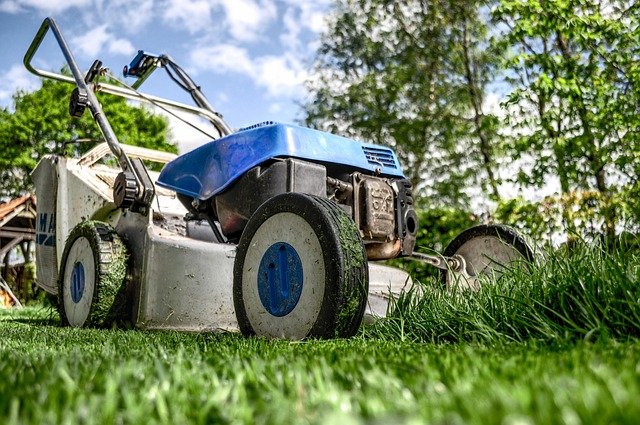Finding and Evaluating Used RVs, Campers and Motorhomes
Buying a used RV can unlock affordable travel freedom. From compact campers to full-size motorhomes, pre-owned units often come with upgrades from previous owners. Learn how to inspect condition, review maintenance records, and compare pricing before you buy.

How to Find Quality RV Deals in Your Area
Locating exceptional recreational vehicle deals requires exploring multiple channels and maintaining patience throughout your search. Local dealerships often provide the most reliable options, offering trade-ins, certified pre-owned vehicles, and financing solutions. Many established dealers maintain comprehensive online inventories, making it easier to browse available stock before visiting their lots.
Private sellers frequently offer competitive pricing, particularly for older models or unique configurations. Online marketplaces, classified advertisements, and RV-specific forums connect buyers directly with owners. RV shows and exhibitions also present opportunities to compare multiple vehicles in one location whilst speaking directly with sellers about their experiences and maintenance history.
Essential Tips for Inspecting Used RVs
Thorough inspection forms the cornerstone of any successful used RV purchase. Begin with the vehicle’s exterior, examining the roof for signs of damage, wear, or previous repairs. Check seals around windows, doors, and slide-outs for cracks that could lead to water infiltration. Inspect tyres for even wear patterns and adequate tread depth, as replacing RV tyres represents a considerable expense.
Interior evaluation should encompass all systems and appliances. Test electrical components, plumbing fixtures, heating and cooling systems, and any installed generators. Examine upholstery and cabinetry for excessive wear or damage. Request maintenance records and documentation of recent repairs or upgrades, as well-maintained vehicles typically provide better long-term value and reliability.
Where to Find Used RV Options
The used recreational vehicle market spans numerous outlets, each offering distinct advantages. Established dealerships provide warranties, financing options, and professional inspections, though prices may reflect these additional services. Consignment lots specialise in facilitating private sales whilst offering some dealer-like protections and services.
Online platforms have revolutionised RV shopping, with dedicated websites featuring thousands of listings across various price ranges and vehicle types. Auction sites occasionally feature recreational vehicles, though buyers should exercise additional caution regarding inspection limitations. Estate sales and liquidation events sometimes include well-maintained RVs from owners who can no longer travel extensively.
Comparing Prices on Used RVs
Understanding recreational vehicle valuations requires considering multiple factors beyond simple age and mileage. Vehicle type, manufacturer reputation, floor plan popularity, and overall condition significantly influence pricing. Research similar models through multiple sources to establish realistic price ranges for your target vehicle.
Seasonal variations affect RV pricing, with spring and early summer typically commanding premium prices whilst winter months may offer better deals. Geographic location also influences availability and pricing, particularly for specific vehicle types suited to regional preferences or climate conditions.
| RV Type | Typical Price Range | Popular Brands | Key Considerations |
|---|---|---|---|
| Travel Trailers | £8,000 - £35,000 | Jayco, Forest River | Towable, requires suitable vehicle |
| Motorhomes (Class A) | £25,000 - £150,000+ | Winnebago, Fleetwood | Self-contained, highest amenities |
| Motorhomes (Class C) | £20,000 - £80,000 | Thor, Coachmen | Mid-size option, good value |
| Camper Vans | £15,000 - £60,000 | Mercedes, Ford | Compact, manoeuvrable |
| Fifth Wheels | £18,000 - £70,000 | Keystone, Grand Design | Spacious, requires pickup truck |
Prices, rates, or cost estimates mentioned in this article are based on the latest available information but may change over time. Independent research is advised before making financial decisions.
Additional Considerations for RV Ownership
Beyond the initial purchase, recreational vehicle ownership involves ongoing costs including insurance, storage, maintenance, and fuel consumption. Many owners underestimate these expenses, particularly for larger motorhomes requiring specialised service and premium fuel. Research insurance requirements and obtain quotes before finalising your purchase, as coverage costs vary significantly based on vehicle type, value, and intended usage.
Storage represents another important consideration, especially for owners without adequate home storage space. Indoor storage facilities protect vehicles from weather exposure but command higher fees than outdoor alternatives. Some owners offset storage costs by renting their RVs when not in use, though this requires additional insurance coverage and careful tenant screening.
Making an informed recreational vehicle purchase requires patience, thorough research, and careful evaluation of both immediate and long-term costs. By exploring multiple sources, conducting comprehensive inspections, and understanding market pricing, buyers can find reliable vehicles that provide years of enjoyable travel experiences. Remember that the lowest purchase price doesn’t always represent the best value, particularly if significant repairs or upgrades become necessary shortly after purchase.




